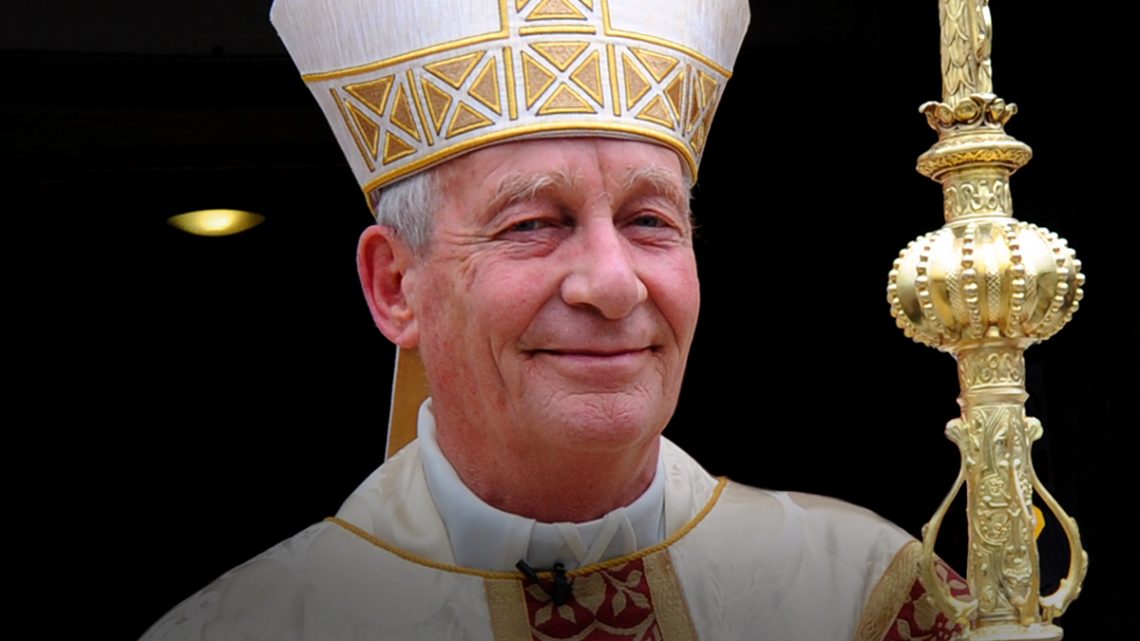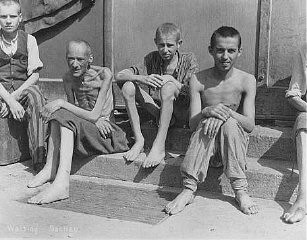By Sean Dempsey, 7/15/23
‘The lives of the benevolent are perhaps the most besieged.’ The Archbishop of Cheshire whispered madly into the darkness as he made his way between foul-smelling passageways and across dirty streets. Hot tears fell from his eyes and he beat his fists against stone walls as he trudged — almost stumbled — along his path. He was weary. His throat was scratched and his eyes were bloodshot.
He passed an elderly wretch lurking between a shop ledge who raised a hand and tilted his ruffled hat at him. “Father,” the man said with respect before returning his lips to a bottle. The Bishop hurried on without a word of reply, barely noticing him.
The Bishop was a man of deep conviction. He was well-known in many townships for his unwavering faith and his genuine concern for the welfare of all people. So when a deadly sickness descended upon his parish, the Bishop was at the forefront, tirelessly tending to the sick and offering solace to the afflicted.
For days and nights, the Bishop had labored, providing comfort and aid to those in need. The sickness was dreadful. It left bulbous boils on the skin and mutilated the body. It inflicted pain with every movement. His flock was terrified, and in their fear sought for God’s mercy.
The Bishop organized shelters, distributed supplies, and prayed fervently for divine intervention. Despite his tireless efforts, the virulent sickness persisted, and the death toll continued to rise exponentially, striking down even the faithful. The disease reduced the strongman to a weakling; it ravaged the body and the mind; it caused even the most devout to curse God as they withered and died in agony.
He now returned late from the bedside of a sick young girl. She had screamed in anguish as he futilely sat by her side, unable to assist. Her moans of agony were met by equal laments of sublime misery from the girl’s mother, who stood in the doorway as her daughter shrieked. “Save my little girl,” the mother whispered over and over again in the background, from the darkness just out of sight. The young girl’s agony was fierce and juxtaposed acutely with her innocence. With each cursed wail of pain she made, the Bishop beat his breast and begged for God’s mercy and grace. He had prayed over her for hours—late into the night—until she finally lay still. Her pain was gone. Death had taken her.
Such was the story of his life these last few weeks. The vile pestilence that poured death into his community had waged war on not just his sanity, but his faith.
===
As the weeks turned into months, the Bishop became increasingly weary. He witnessed countless lives of innocent children, and sinners alike, snuffed out by the merciless disease, and his heart ached with each passing funeral procession. He sat by their beds as they died painfully; he witnessed the horror of festering death and agony nightly. No matter how hard he prayed, it seemed that death lingered in the air, unyielding to his ministrations.
One evening, as the setting sun cast long shadows over the land, the Bishop stood atop the ramparts of his stone church, contemplating the insurmountable devastation. In a moment of weakness, he made a decision. His heart bursting with despair, he ordered the church doors be locked, closing off the outside world, and retreated into the his sanctuary to pray for absolution and relief. He resigned himself not to bear witness to another senseless and brutal death as he watched on, utterly powerless to stop it; he knew his soul could not possibly handle any more pain and devastation and survive. He could bear no more wailing mothers nor innocent children shrieking in abject pain. He prayed through the night and beat his breast until fatigue took him.
===
Morning came. His congregation, who had looked to the Bishop for guidance and support, were bewildered by his sudden withdrawal. They pleaded for his return, hoping for his continued leadership in the face of adversity.
But the Bishop, burdened by his own failure, believed his presence would bring naught but more suffering. He saw no other option but to isolate himself, convinced that his absence might shield the people from further harm and wild hopes he realized would not come by his hands. His faith proved powerless to stop the pestilence from wreaking havoc.
The news of the Bishop’s self-imposed isolation spread like wildfire throughout the parish. Anger and frustration swelled within the hearts of the people. They felt abandoned and betrayed by their spiritual leader, who had once been their beacon of hope. The weight of their grief and fury grew to a festering boil.
===
The sickness continued to spread. Many, many more died.
Late one afternoon, the parishioners gathered together at the stone church and called for the Bishop to emerge. When he did not, they became irate. They exhumed several lifeless and diseased bodies whom had recently died and catapulted them over the church walls.
Their rage aimed to punish the Bishop for what they saw as his cowardice and abandonment. The air filled with the sickening scent of death, and the stone walls became a macabre canvas of their anguish.
The Bishop, praying hard within the church, witnessed in horror as contagious bodies soared through the air and landed by his feet. The stench was overpowering; the disease and puss in the lifeless vessels stained his clothing and impregnated the air around him. He breathed in the sickness and understood the plight of man.
He prayed to God, death raining down around him. For hours he prayed in the mounting darkness.
===
At dusk the Bishop returned to his feet and slowly went to the front of the church and flung open the doors. There waiting for him was the mob of his parishioners to greet him.
They screamed for his blood with a hatred that shook him to his soul. “You will die the same as us, Bishop,” one shouted and spit in his face. “You cannot wall yourself away any longer.”
The Bishop raised his hands to heaven in supplication; he noticed with apathy his arms were covered in festering boils.
The brazen crowd passed over the dead bodies strewn about and poured into the church sanctuary. They fell to their knees to pray to God for His mercy and deliverance.



